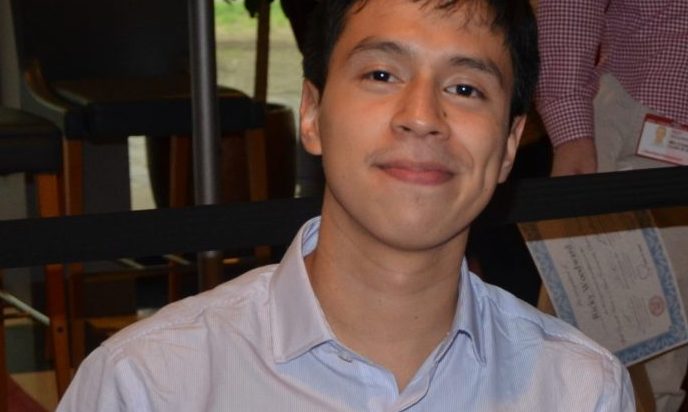How Data Analytics Boot Camp Helped One Learner Find a New Career — And Give Back Throughout COVID-19

Jorge Sanchez wasn’t always interested in data. As an undergraduate, he wanted to become a doctor, but eventually realized a clinical career wasn’t the right fit for him. Still, he was determined to work in the healthcare sector, and began working as a research assistant at Weill Cornell Medicine. It was there that he was bit by the data bug.
“I saw the vast amount of data we had to work with,” said Jorge. “Data from research surveys, biometrics, devices.”
Data was integral to Jorge’s work as a researcher, and a necessary component to understanding trends and problems in the topics he was studying. He acquired some basic skills to work with it — but had yet to really dive into the field.
“I had no idea how to do advanced data analysis,” said Jorge. “But I worked with many staticians and programmers, and they taught me a few things here and there.”
After building a foundation on the job piece by piece, Jorge dove into the topic more deeply on his own. He watched YouTube videos about languages like Python and R, and slowly became acquainted with programming languages used by coders. Eventually, Jorge realized he had to fully commit to these concepts to master them. He decided to enroll in Columbia Engineering Data Analytics Boot Camp.
Finding a coding community
The boot camp wasn’t easy, but Jorge persevered with the help of some new friends — brought together by a common interest. “Right away, I found a bunch of peers that were soccer enthusiasts like me,” said Jorge. “We even met up and played soccer in our free time.”
They often worked alongside each other to solve problems, glimpsing at one another’s screens to make sure they weren’t falling too far behind. Jorge’s fellow learners not only helped him grasp the difficult subject matter, but made boot camp a fun, enjoyable experience.
“When the boot camp started, the curriculum was really fast-paced for me,” said Jorge. “The other learners helped me a lot. If I fell behind, they would stop to help me. We would try to combat the problem together.”
Of course, instructors and course assistants helped, too. If Jorge and his friends couldn’t solve a difficult problem on their own, they would reach out to the course assistant, who would lead them closer to a solution by asking the thought-provoking questions, giving them more material, or providing extra examples until they could inch toward the next step.
“They were glad to help us,” Jorge said about the instructors in the boot camp. “They were glad to sit down with us and explain the concept until we nailed it.”
Contributing valuable COVID-19 research
Since completing the boot camp, Jorge has worked as a data research analyst at Northwell Health, where he collects and analyzes patients’ clinical data. Although Jorge received his job offer in January, he wasn’t scheduled to start until March — just when the country shut down for the COVID-19 pandemic.
Jorge had to begin his new job remotely, but the chaos of the pandemic came with a silver lining: there’s a high demand for people who can make sense of large amounts of clinical and population data.
“I was able to combine my data skills and previous work experiences,” said Jorge. “Now I build databases, which takes a long time, and provide data support to people I work with.”
In his role, Jorge works primarily alongside doctors and other medical experts to analyze COVID-19 data. Since joining the team, Jorge has worked on four major projects related to the pandemic, using Python and R and other skills he learned in the boot camp every day. Jorge’s colleagues are teaching him to use larger databases as well, and he looks forward to working with these new tools soon. Once again, he’s found a valuable team to push him toward success — this time, in his coworkers.

 Live Chat
Live Chat